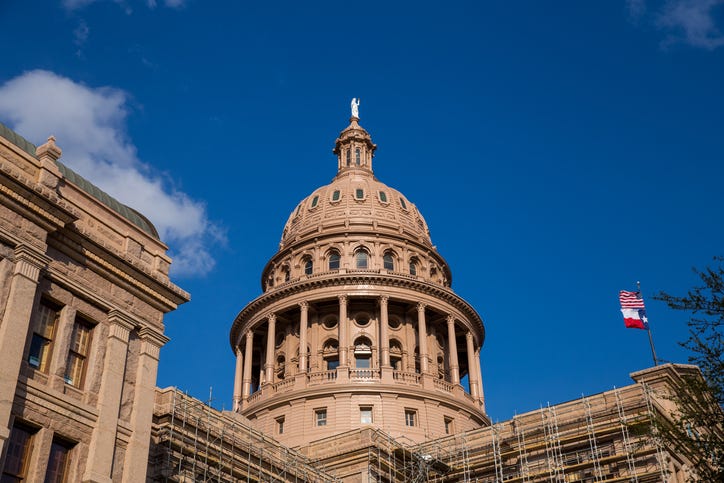
A bill has been filed that would allow ranked-choice, also known as preferential voting in Texas. This is when one votes for who they want, followed by their second, third and possibly fourth or fifth choice, depending on the number of candidates on the ballot.
If no one gets a majority on the first count, the election goes to an instant runoff. Those with the fewest votes are eliminated and votes for that candidate are recast as a person's second choice. This continues until one candidate hits a majority. Advocates say ranked-choice voting favors moderate candidates.
Austin state representative Vicki Goodwin says House Bill 259 would apply to non-partisan elections only. "Austin just had an election for mayor and city council members. We had a runoff election and that cost a million dollars just for the runoff and turnout was 15%."
Ranked choice is used for all elections in Maine and Alaska and is also employed in some form in 20 cities, including New York City, San Francisco, California and Minneapolis and St. Paul, Minnesota and Santa Fe, New Mexico.
Goodwin says Austin voters passed ranked-choice voting in 2021, but it wasn't used due to concern Texas doesn't allow it.
Goodwin says, "By doing it non-partisan races to begin with, maybe people would be more willing. We also are narrowing it to cities that have it in their charter. In other words, the city has already said we're interested in holding our elections this way."
14 states this year will consider bills allowing for ranked choice voting.
LISTEN on the Audacy App
Tell your Smart Speaker to "PLAY 1080 KRLD"
Sign Up and Follow NewsRadio 1080 KRLD

